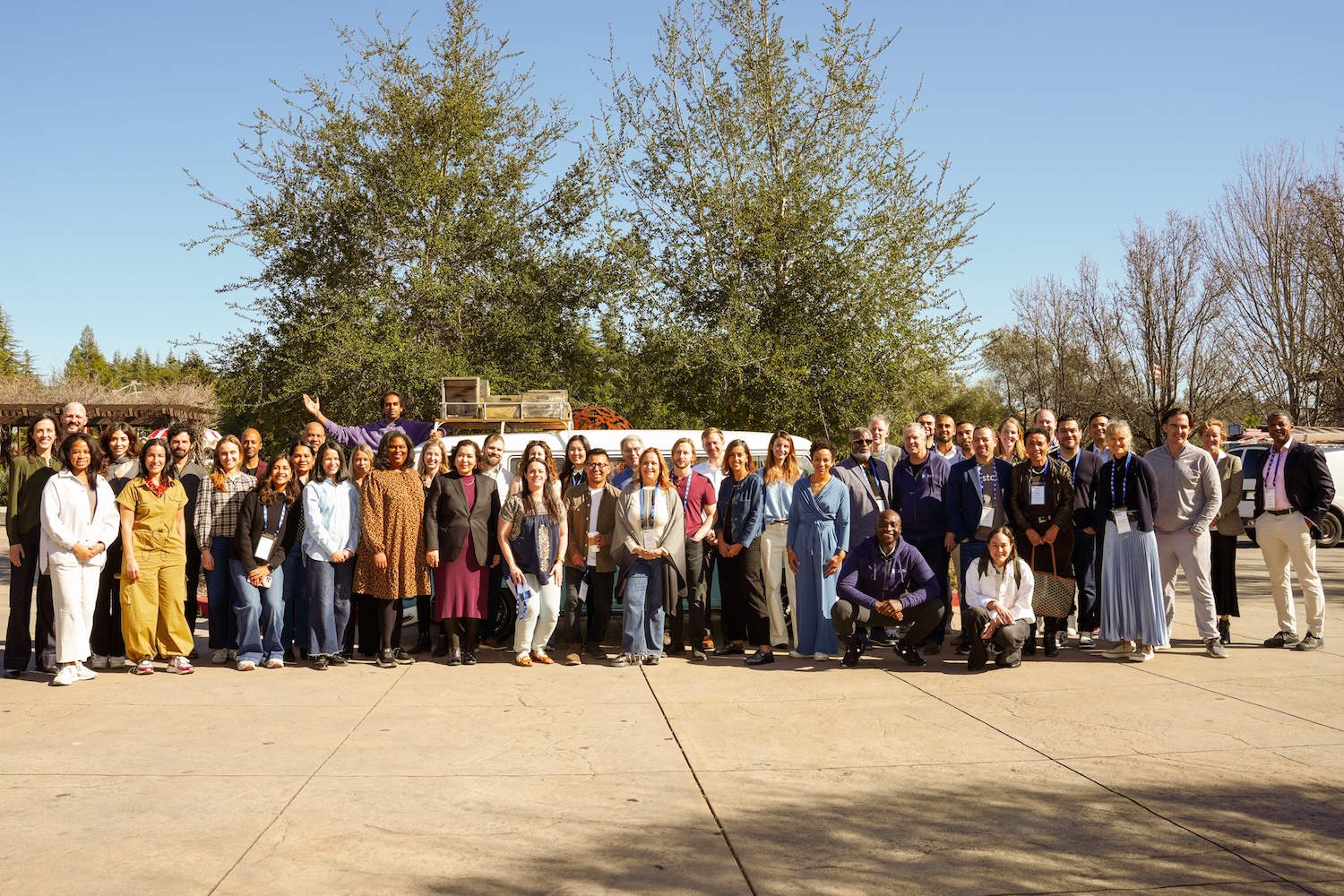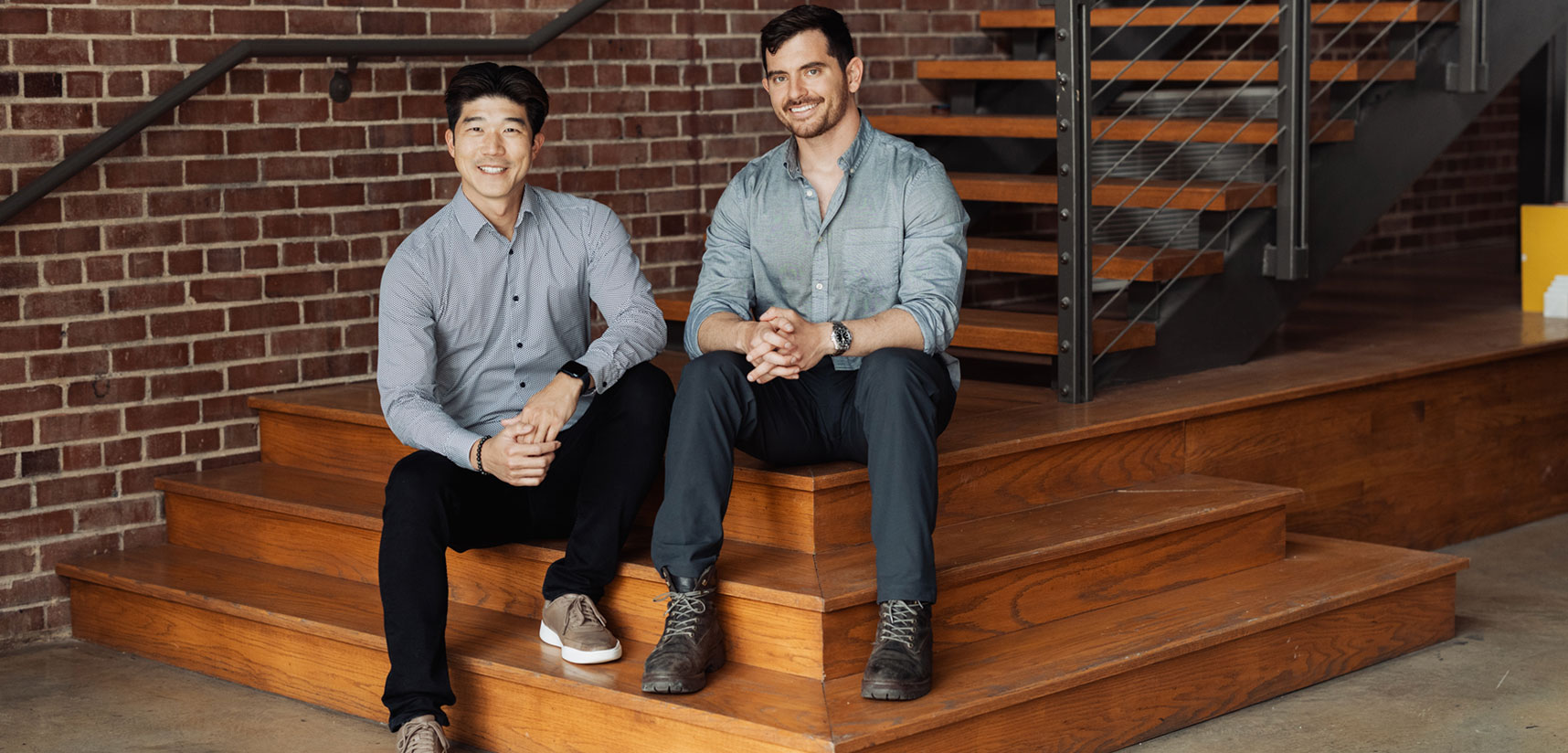Good health is more than just an annual physical. Zip code predicts long-term health and the social determinants of health (SDOH)—the environment in which a person lives, learns, and works—drives up to 80 percent of health outcomes in America. Access to food, education, transportation, work opportunities, and more have a serious impact on health.
For years, state Medicaid agencies did not have the tools or budgets to try new solutions to address the downstream effects of SDOH. Now, with SDOH at the forefront of health policy circles both in the public and private sector—just last year the White House released its first ever SDOH playbook—innovative solutions are making their way to Medicaid beneficiaries. To expand opportunities for states to use Medicaid to address SDOH, the Center for Medicare and Medicaid Services (CMS) announced the 1115 waivers, which allows state Medicaid agencies to add experimental and non-clinical changes to their Medicaid programs, gives more flexibility to pilot programs that address SDOH. And, in turn, spur innovation.
We know that the current system is not serving people on Medicaid as it should. And at Acumen America and the Medicaid Innovation Collaborative (MIC), where I’m the executive director, we seek tech-enabled innovative solutions that can improve the lives of Medicaid beneficiaries. Through the MIC, we’ve worked with state Medicaid agencies from across the country to identify the most impactful innovators and launch pilots with leading health plans. Attane Health, Kaizen Health, and Samaritan are three Acumen America portfolio companies that were among those selected for MIC pilots. Below we explore how they are tackling three important social determinants of health: food, transportation, and housing.
Attane Health believes food and choice can improve health
Lack of access to nutritious food has an outsized effect on long-term health and 117 million American adults—nearly half the country’s adult population—have one or more preventable chronic diseases, many of which are a result of poor eating habits.
Attane Health works to help people get a balanced diet that works for them. It’s a digital health platform that provides personalized food access, telenutrition services, and educational support to low-income American families with a focus on Medicaid beneficiaries. Emily Brown started Attane after experiencing the difficulties of trying to navigate America’s food system as a mother of two on WIC and SNAP.
The beauty of Attane’s model lies in choice. The platform pairs coaching and education with choice, so members can pick from over 1,500 nutrient-dense brand-name grocery products that fit into their life and schedules. And it’s a hit with their customers—one Attane member with severe diabetes found that purchasing low-sodium broth in bulk simplified his life and improved his daily routine. Access to specific foods helped facilitate the management of his condition. Initially skeptical about health coaching, he was pleasantly surprised by the outcome of his sessions and described the program as a “godsend.” Attane continues to expand its footprint across America and provide those with chronic conditions the nutrition and support they need.
Kaizen removes the transportation barrier to healthcare
More than one-in-five American adults without access to public transit or a vehicle skipped getting the healthcare they needed as a result, according to the Robert Wood Johnson Foundation. The study also found that “Black adults (8 percent), adults with low family incomes (14 percent), and adults with public health insurance (12 percent) were all more likely to forgo needed care due to difficulty finding transportation.”
Mindi Knebel founded Kaizen Health to address the transportation shortfalls in the Medicaid space. The company gives beneficiaries better access to transportation for everything from dialysis appointments to primary care visits. The start-up works with a nationwide network of transportation, delivery, and logistics partners that brings patients to and from their commitments. The service also drops off prescriptions and food to their homes.
Kaizen’s MIC pilot in Iowa is proving successful. One member uses the service to get transportation to their eye injection appointments. Others receive rides to and from food shelters. The pilot is changing the transportation space for Medicaid patients by not just providing transportation for doctor’s appointments but expanding their scope of services to cover everything under the SDOH umbrella, from job interviews to accessing healthy food. As a result of pilots like this, policymakers are now willing to consider covering transportation for a whole suite of services beyond what was traditionally considered clinical.
Samaritan gives the unhoused the tools they need to reach health and housing goals
Inadequate housing can adversely impact health, per the White House’s SDOH playbook. In 2023, roughly 653,100 people were experiencing homelessness on a single night. The unhoused population are some of the hardest-to-reach patients in the country.
Digital health platform Samaritan is building tools to help change that trajectory. The company provides the unhoused with the social and financial support they need to reach their health and housing goals. It’s not just a digital platform, though—Samaritan works with local community-based organizations to identify, onboard, and set goals for members.
From April 2022 to July 2023 Samaritan piloted a program in five Los Angeles community health centers, where their care managers used Samaritan’s technology to set goals for people with high social needs. The work, supported by California Health Care Foundation and in collaboration with Health Care LA and the California Hospital Medical Center found that Samaritan’s financial and community support reduced emergency department usage by 21.4 percent and lowered healthcare costs for members by 54 percent. Members reported feeling empowered to take control of their well-being—fostering self-efficacy and helping them address social needs effectively. Through the MIC program, Samaritan is also currently piloting in Kentucky and New York with the State Medicaid program and multiple health plans.
We know that social determinants of health have both short- and long-term impacts on the health of Americans. At Acumen America and MIC, we are working with our portfolio companies to improve the lives of Medicaid beneficiaries through innovation and identify what works, what doesn’t, and what’s next. Attane, Kaizen, and Samaritan built innovations that work for the Medicaid population within the current policy environment and Medicaid system—their pilots have proven successful and we are excited to partner further as they scale and effect real systems change.





